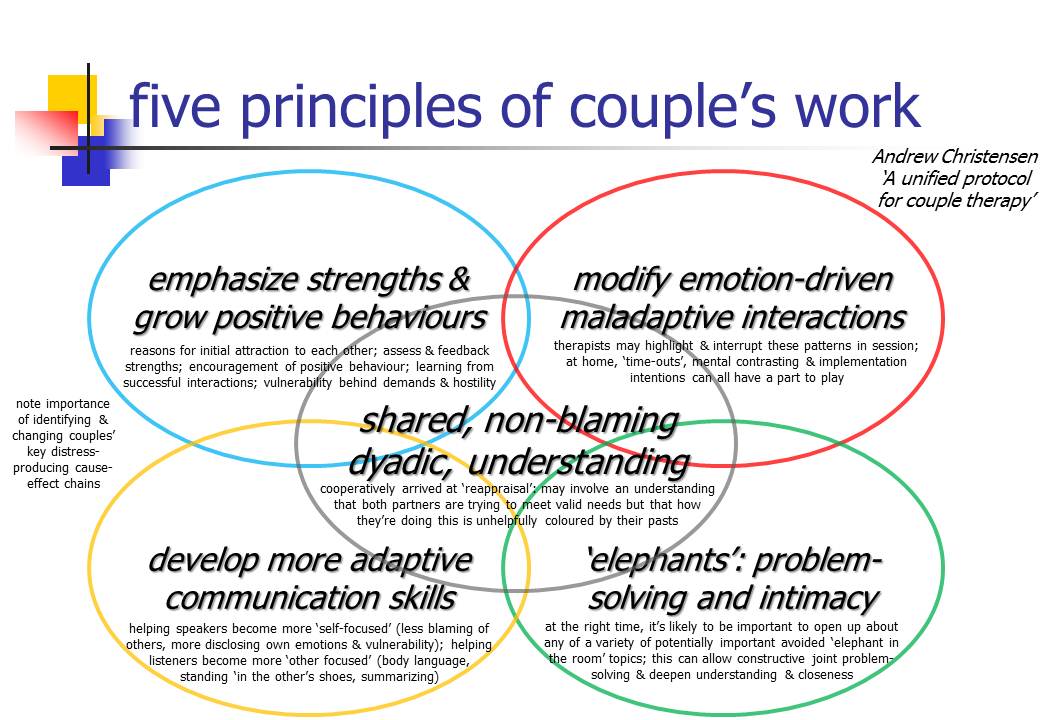Personal social networks (1st post): Dunbar's 5-15-50-150 model
Last updated on 24th March 2018
Relationships are immensely important for both our health and our wellbeing ... for how long we live, our resilience to psychological stress, and for our levels of happiness & life satisfaction. This is crucially relevant for pretty much all of us. The post "Strong relationships improve survival as much as quitting smoking" clearly links the state of our personal social networks to how long we're likely to live.

